What’s in a name? Apparently a lot if you’re deaf. Or hard of hearing. Or whatever label you use to describe yourself. But (cocks head) do you have a right to call yourself that?! Well, because it’s you, your body and hello, YOUR life, Y-O-U get to pick.
These labels (like a lot of labels) can be controversial. There is no one universally agreed upon label that suits every type of hearing loss and person, which shows just how diverse (and opinionated) the population is. Sure to ruffle some feathers, here’s a Serious List of labels one might call oneself, along with my helpful commentary of each. Trust me on this, I have heard it all.
- deaf This usually refers to someone with a severe to profound level of hearing loss. They may use sign language, they may not. They may use speech or not. They may wear Cochlear Implants, hearing aids or nothing at all (on their ears).
- hard of hearing This usually refers to someone who has anywhere from a mild to a severe level of hearing loss. Well that’s a pretty big range. How can someone distinguish who is really hard of hearing?? From my experience, talking on the phone seems to be the clincher whether or not you should call yourself that. You can hear on the phone? Busted! Hard of hearing!
- (capital D) Deaf A deaf or hard of hearing person that identifies culturally with the signing Deaf community. Deaf Culture and American Sign Language is something to be proud of, passed on and celebrated.
- late-deafened This refers to someone who has sustained a loss of hearing in adulthood. They may or may not choose to learn sign language. They may or may not use hearing aids, cochlear implants or other hearing devices.
- hearing impaired This seems to be the “politically correct” term used by hearing people who don’t associate much with deaf people. Unfortunately, most deaf and hard of hearing folks I know do not like this term and go out of their way to ask people NOT to call them that, and to replace the term with “deaf and hard of hearing”. However, I do know people who use the term to confidently describe themselves and feel it suits them. So, power to ‘em!
- hearing loss This is widely accepted as a generic term to describe any level of deafness. Those who do not solely identify with the signing deaf community may use this to describe themselves in some situations. Although, some people take issue with it because it implies something is missing. Viewed this way, it spins deafness as a negative rather than something to be proud of or positive about. Even though I do use this term at times, it is funny to me because I was born with the hearing ability that I have now. It hasn’t changed too much. So, I don’t feel that I “lost” anything. (shrug)
- hearing disability This is a term you might see on a government form. If you view deafness or hearing loss as a disability (or are trying to get some kind of benefit from it, hence the form) then this is the term for you.
- hearing deficit The antonym for this of course is a Deaf Abundance or Excess of Deafness.
- (varied) hearing level This is a fairly new term I’ve seen floating out there. This is with respect to all folks on the deaf spectrum, designed to remove any negative references to deafness such as hearing “loss”. The only drawback I have using it so far is not everyone knows what I’m talking about, so it’s requires more explanation. So it might work as a conversation piece while out some night with friends, but for the cashier at the food store, pointing to my ear saying, “I’m deaf” is working great.
- partially hearing This sounds pretty accurate if you can hear some. People may not understand exactly what you mean, though. You may need a back-up.
- partially deaf This is Yin to #10’s Yang. A little more confusing, perhaps. But I would guess this is a variant of “hard of hearing”. You know, not all the way deaf. Part way.
- hearing issues Someone once said this to me when they clearly were reaching for a benign term to refer to my deafness. I think they achieved it. Someone might like to use this for their own handle. Lots of people like vanilla.
- hearing problem I used this when I had an explaining-my-hearing-loss-problem. In a pinch, I admit this works well in some situations. Overall I do find it to be a bit disempowering.
- deafie As opposed to “hearie”. Us and Them, see. Pretty much a slang term, said with love. Some people within the deaf community like it and use it, some are offended (or just plain annoyed) by it. Color me the latter. Tomato, to-mah-to. Hearing people: I suggest getting a good feel for your audience before test driving this baby. I’d tread lightly.
- deaf-mute OK, most everyone who is deaf or hard of hearing agrees this is BAD. Along with #16. Not only does it sound harsh, it simply isn’t true. Being mute is a separate condition from being deaf. Historically it was used to refer to deaf people who used sign language and did not use speech to communicate. However, it is now generally regarded as politically incorrect and offensive to call another person a deaf-mute. But, maybe you feel this term is a good fit (and maybe even linguistically true) for you, by all means go ahead and call yourself that. Just don’t call me that.
- deaf and dumb The buddy of #15 and just as stupid.
- deaf and hard of hearing This is the current all-inclusive default term intended to keep everyone happy. Except it doesn’t.
And there you have it. My little collection from a lifetime of deafness. By no means is this exhaustive. If you have other good ones, I’d love to know about them as well as your feedback on these!
Like these? There’s MORE!
If you enjoyed reading this article, please subscribe to the blog by signing up in the sidebar. Or follow me on Facebook or Twitter!
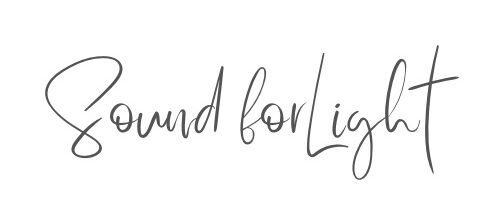

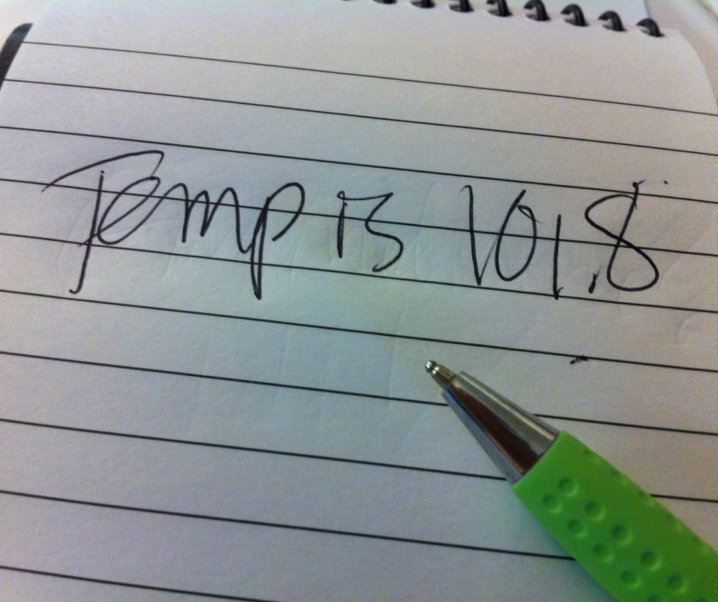
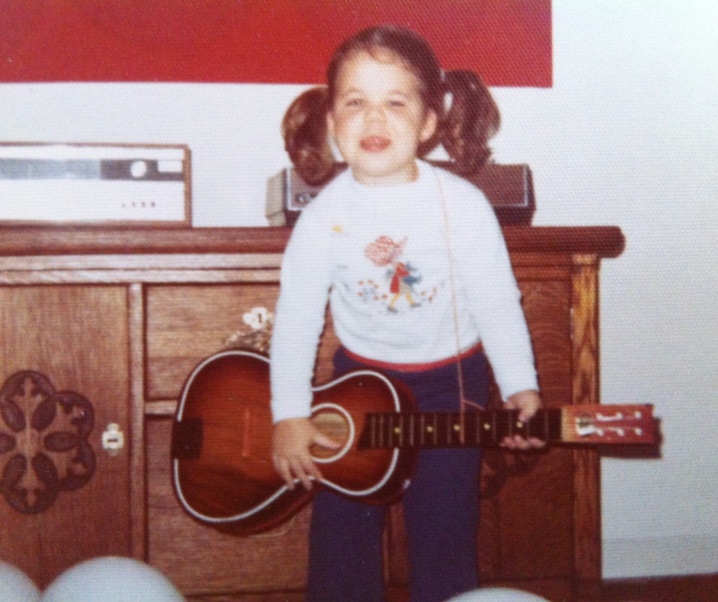
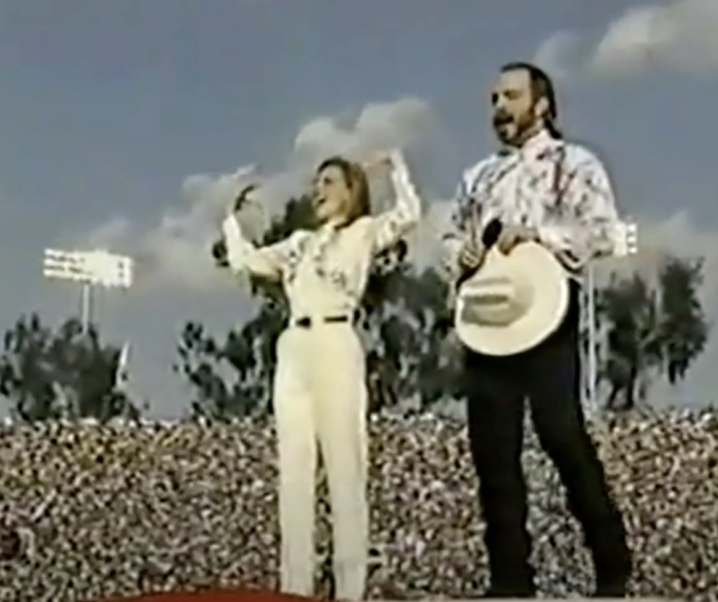
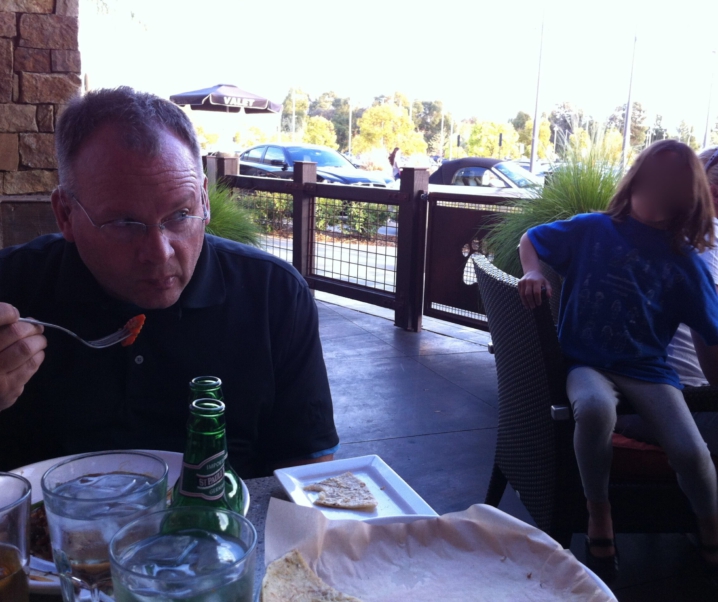
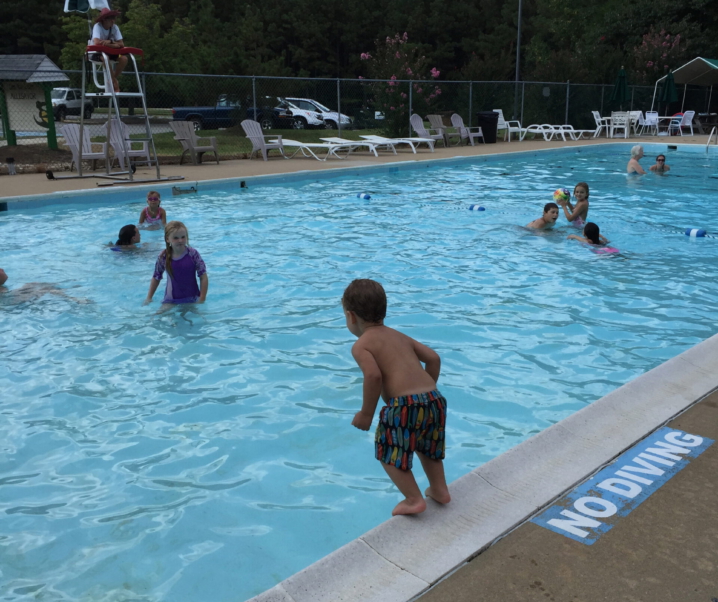
robbie
January 28, 2014I’ve heard of “hard hard of hearing”. Closer to hearing than the hard of hearing I assume. I didn’t ask. =(